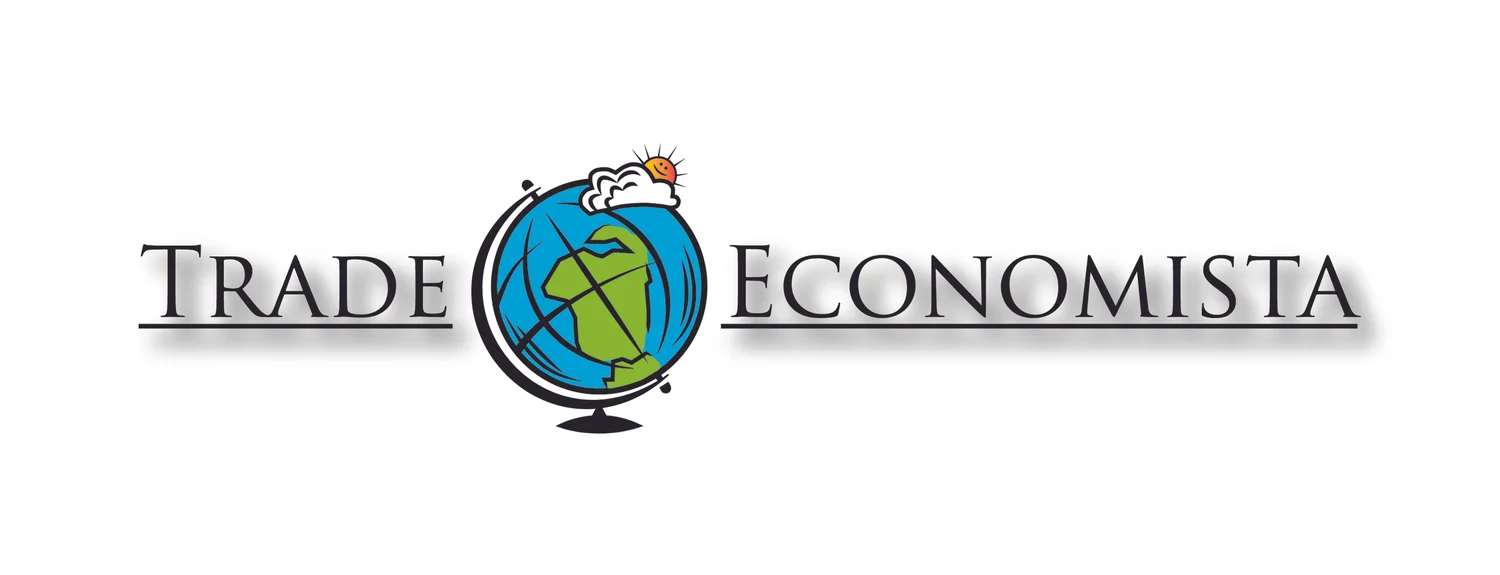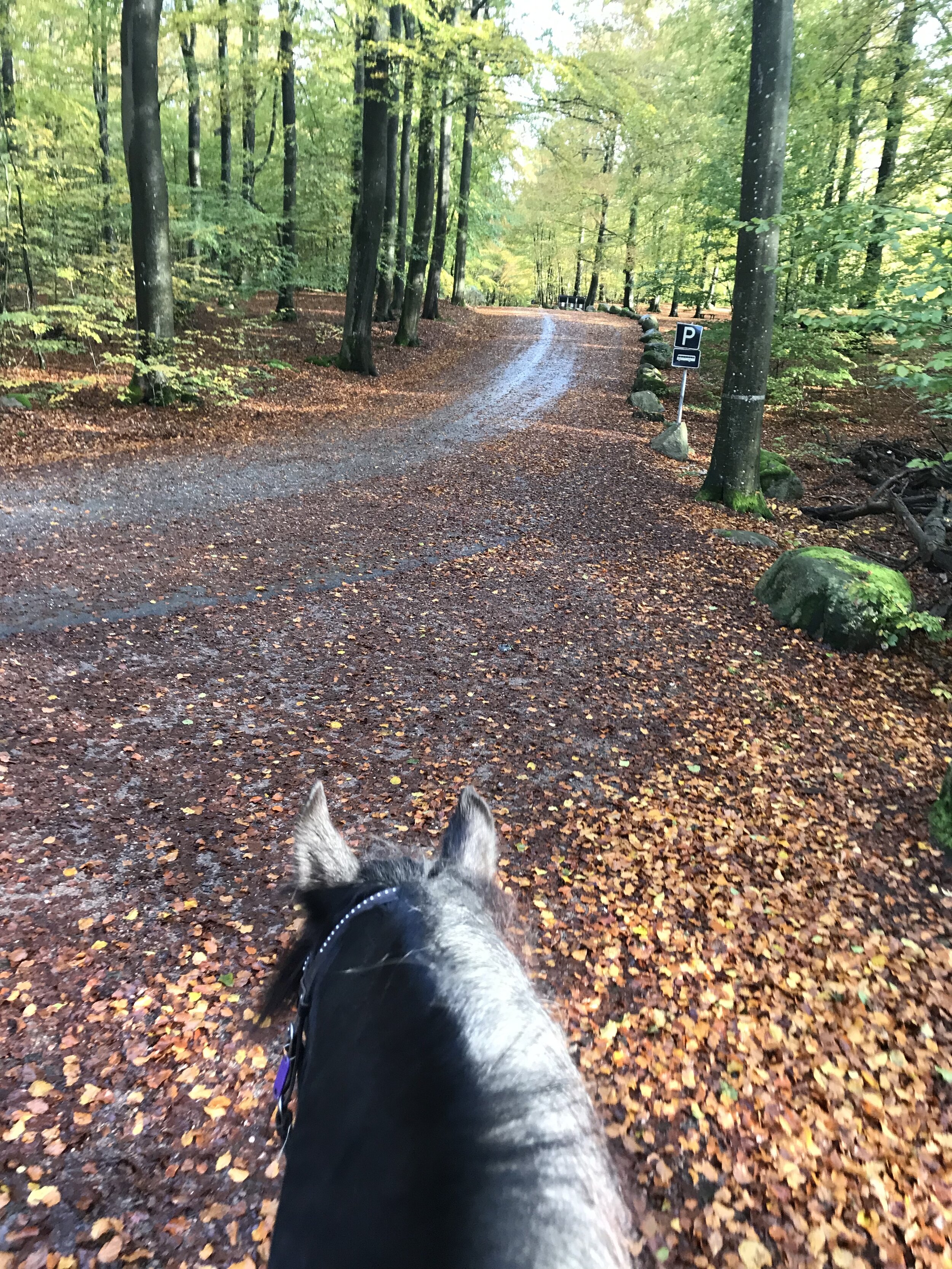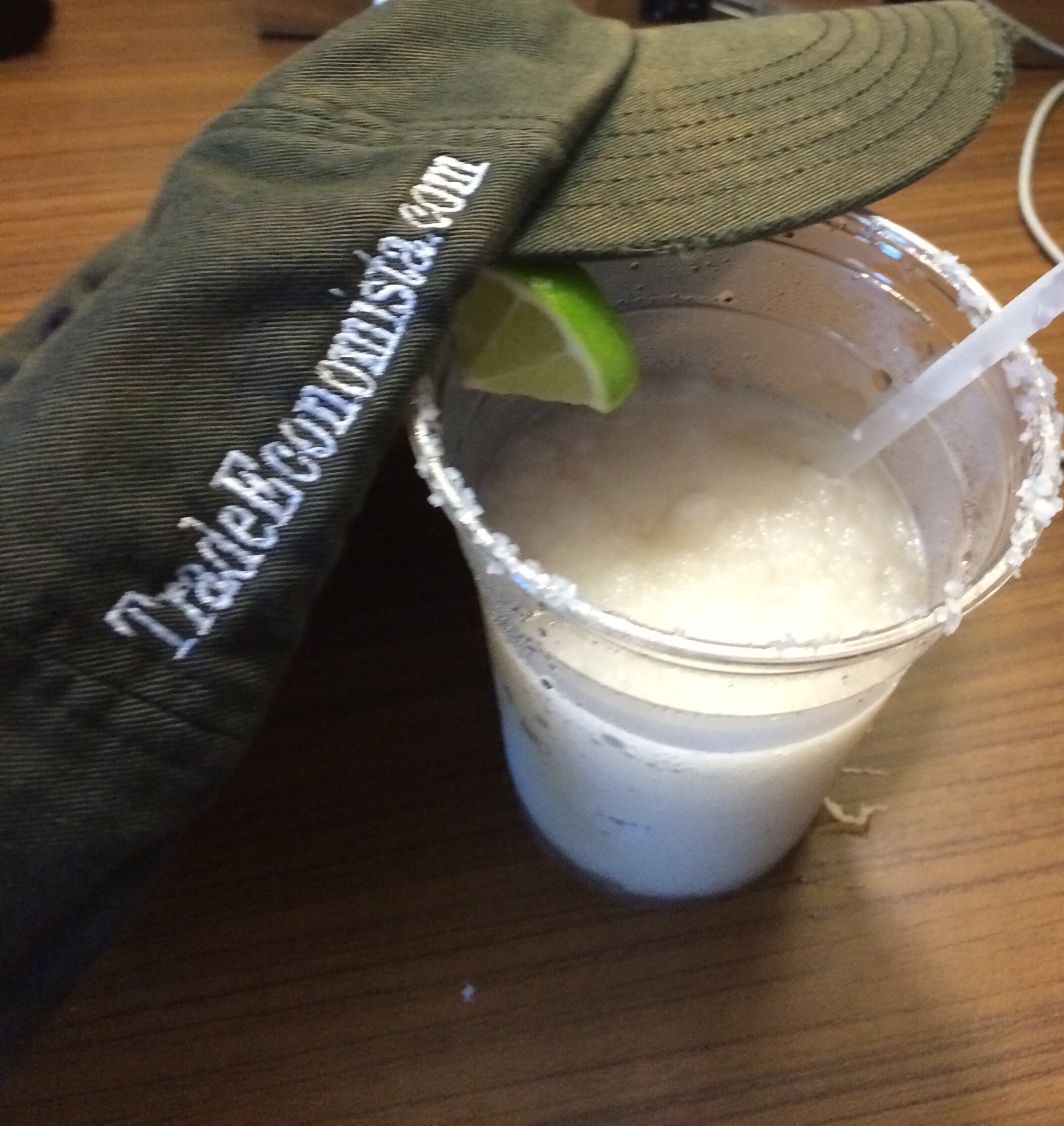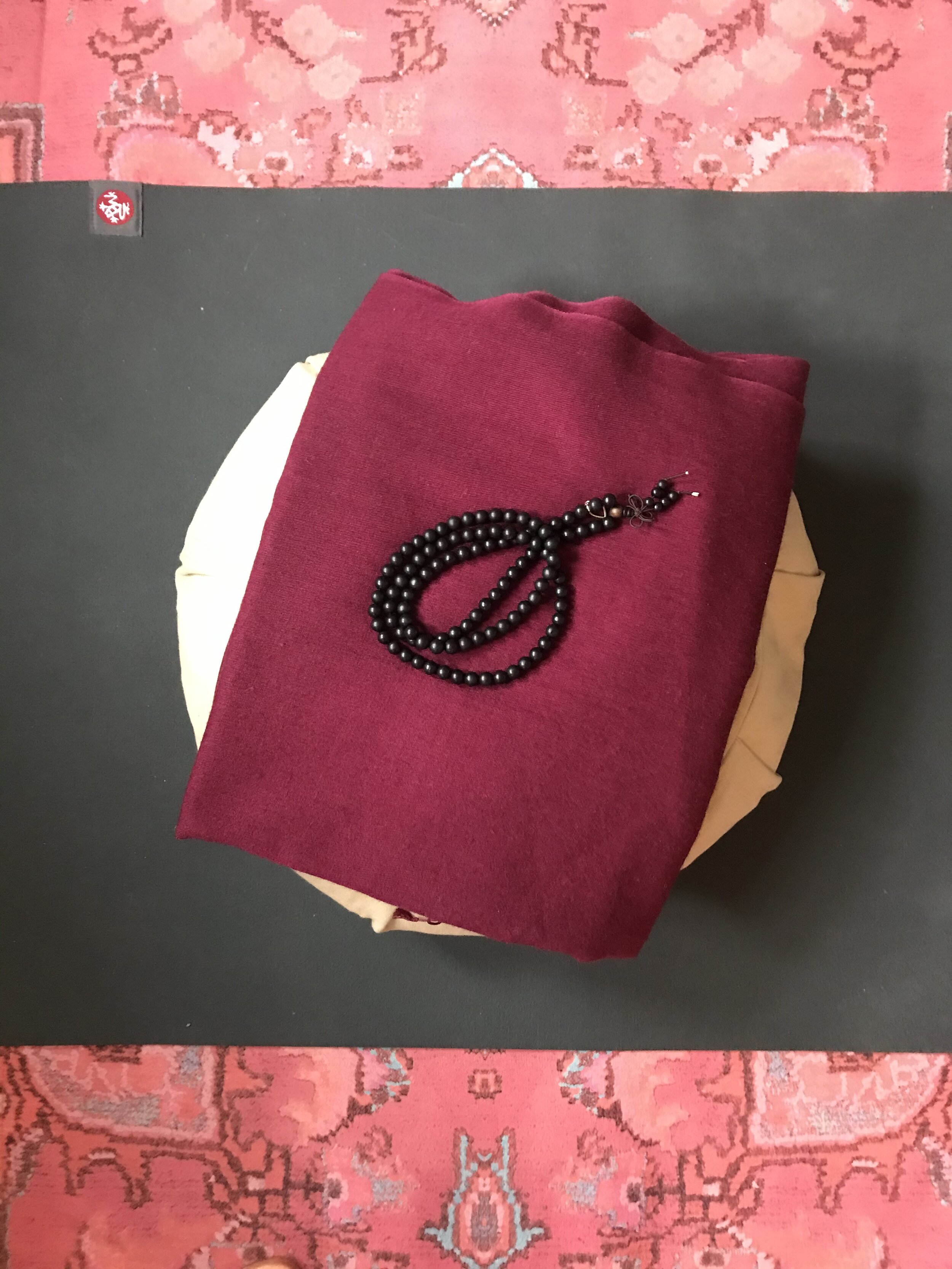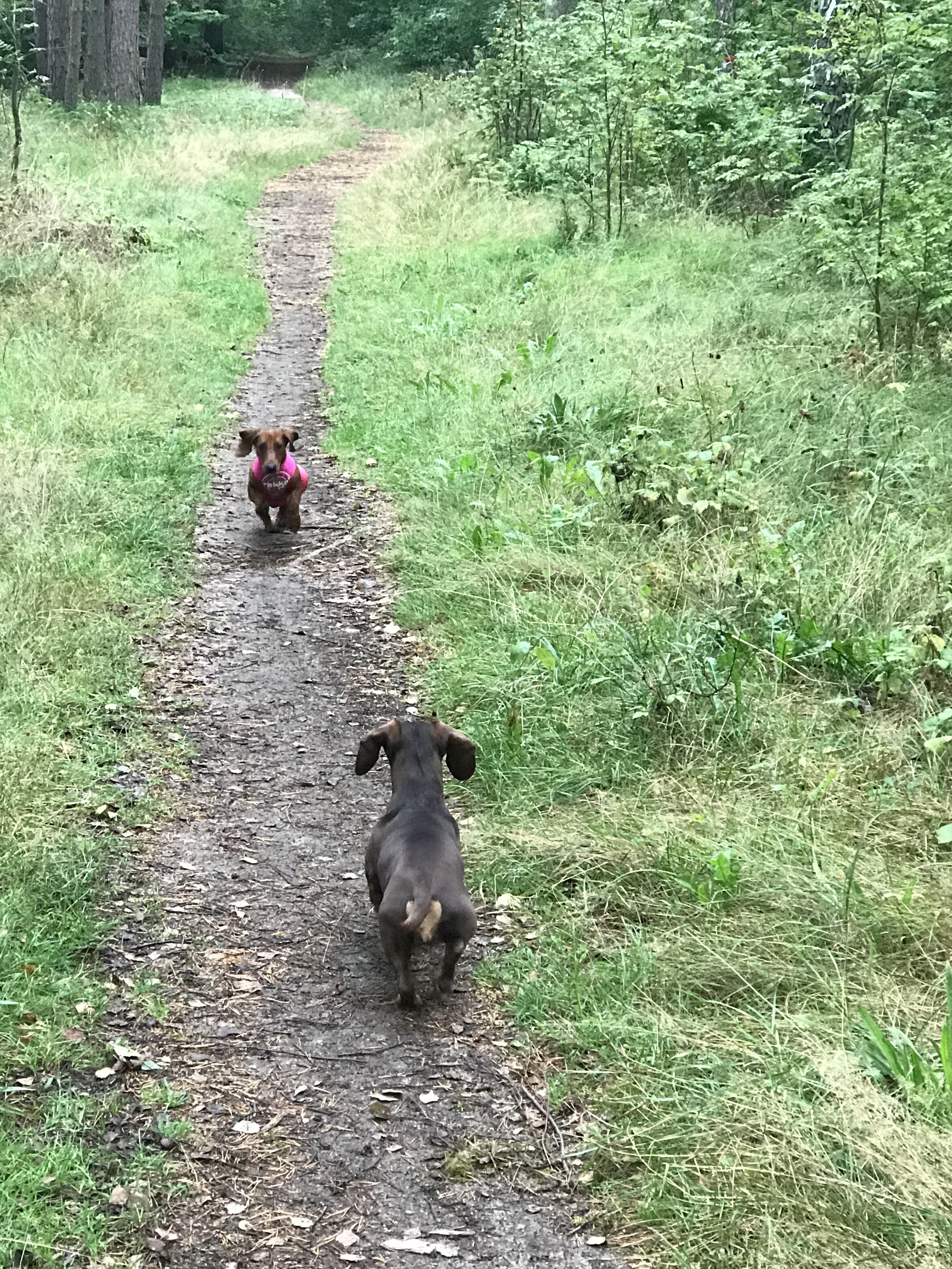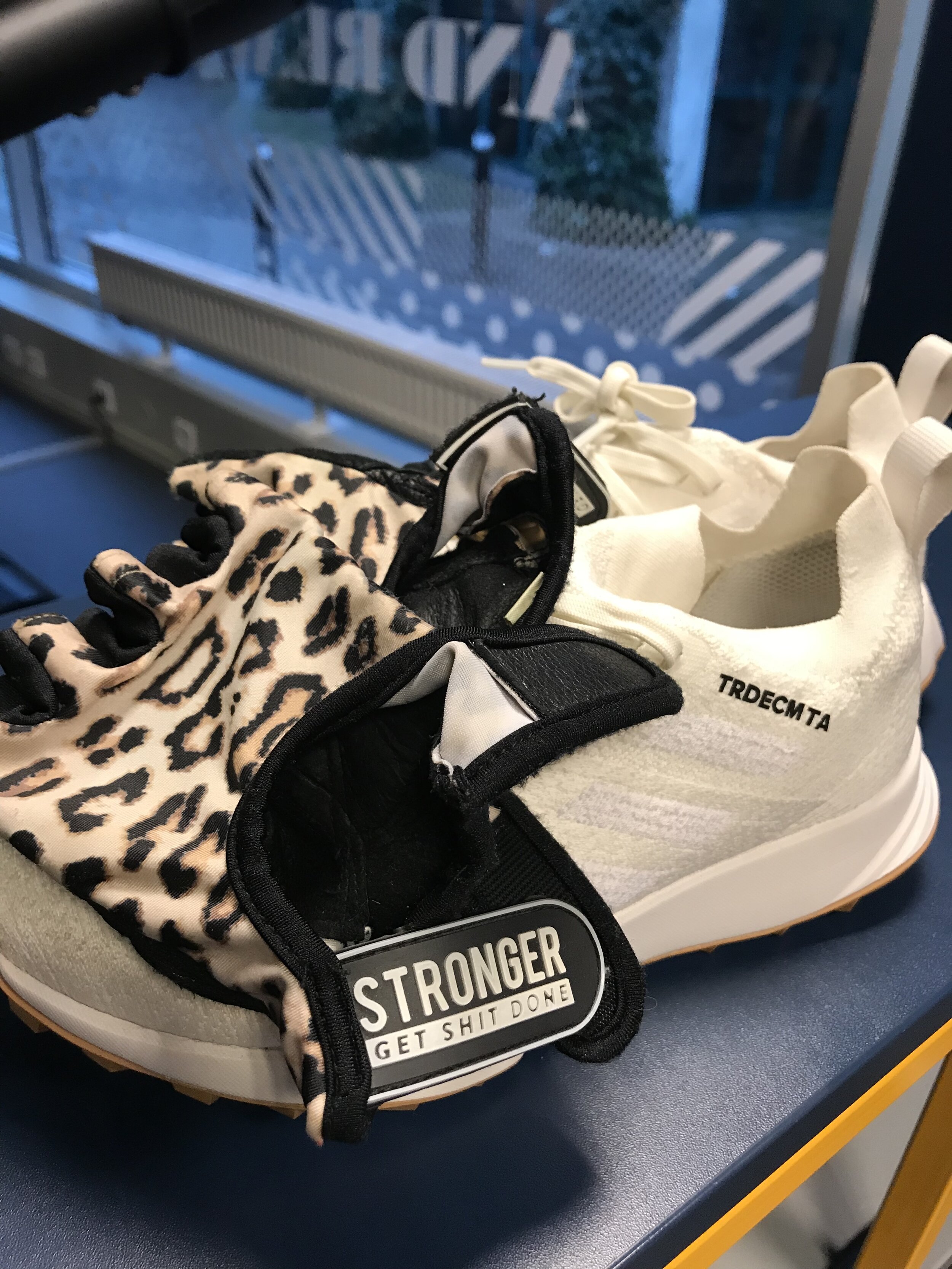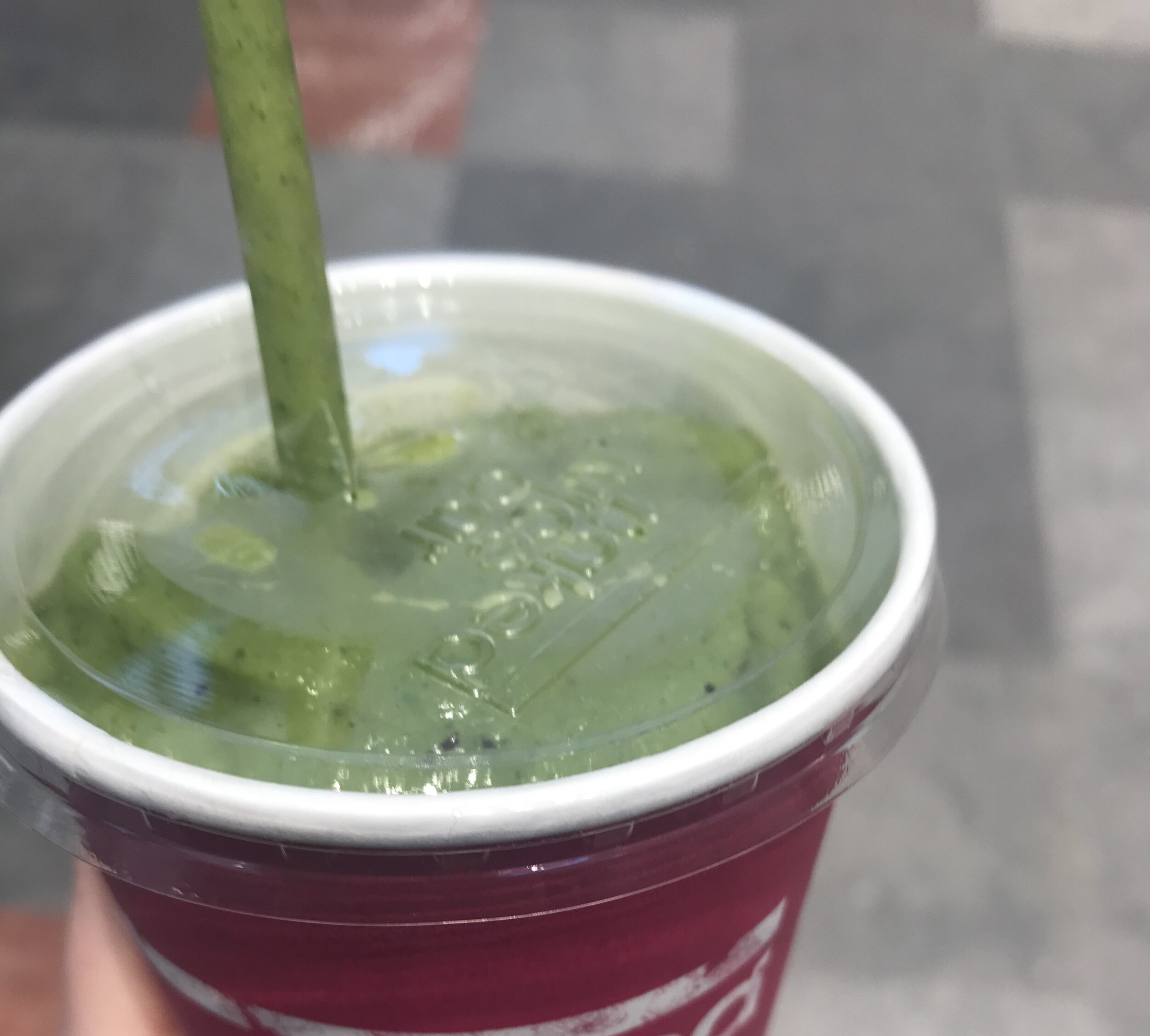Thanks for stopping by and taking the time to get to know me better. Pleased to meet you (*handshake*). I’m Hanna Norberg, proud Founder and principal of Trade Economista. In this section, I’ve gathered some stuff that I usually talk about when I introduce myself.
(Hey! if you just wanna skip ahead and look at the formal stuff, here’s my Linked In page.)
So, what about me, really?
I’m a firm believer in trade, globalization, finding win/win/win (yes, 3 wins) solutions and better endings (the roads leading there may be rocky but if it’s not better, then it’s not the end- it just means there’s more work to be done).
The TE logo is designed to depict just that- working with a global focus, taking it as my calling to make sure the sun shines thru the cloud. There are plenty of cloud makers, problem seekers, doom-sayers out there. Personally, I like to take my cue from the late Julian Simon, who defined himself as doom-slayer and an appreciator.
I’m interested in working with issues that link trade to increasing the size of the pie and unleashing abundance at all levels. Often that means working with trade policy in the intersection between academics and policy, looking at how to unleash the power of lowering barriers to trade while making sure regulation is a cooperative force for good. In the past, I’ve mostly worked at national and international levels, but in more recent times, I’ve also had the pleasure of connecting with the private sector looking to navigate trade policy.
How did I end up here, as Trade Economist-a?
Good things come to those who wait, right? Well, that saying actually that turns out to be very true regarding my choice of profession- both the good and the waiting part. It took me a while to figure out my particular line of work and to be excited about what I do (since it took me a while to get here, so please excuse the length of this part of me introducing myself).
While Economics and International Trade was love at first lecture for me, the road to doing what I do and how I do it was less than straightforward. While working on my Ph.D. thesis, I enjoyed the curiosity driven detective work and the luxury of taking the time to really dive deep into issues. The intellectual challenge was also very appealing to me. However, even working with the empirical side of the field, it seemed to me in many cases that the audience and user case seemed to be quite limited.
After finishing my PhD in international economics, I looked forward to going out and seeing how research was being applied to policy and decisions, real world problem solving. The best way I can think of describing it, was feeling like someone who had studied all those years to become a doctor, but who had never met a patient. I was eager to get to meet a whole bunch of patients and to see what my knowledge would amount to. I took a job for the Swedish Government working with Macro issues and what I found was that the material that we worked on, the stuff that went into the policy decisions were not connected to research. Hrmm that wasn’t the glass slipper I’d imagined.
Well, that was disappointing. I started to think that, in order to do something that was both relevant to me and where I felt could add to value in a significant way, I’d have to give up being an Economist all together. To he** with it all! Who cares if you have student loans up to your eye-balls and all those years invested in a certain field? Either I find something meaningful to do there or I do something completely different- but significant.
Turned out the giving up cold turkey wasn’t as easy as I had imagined. I found myself thinking sneakingly about how to utility maximize when choosing parking spots and subscribing to The Economist anyway and still reading loads of research and even traveling to academic conferences to listen to what was going on. (Wait! Did I just hear you think “pathetic”? I know! thought so too. My loving husband benevolently chose to call me “driven and curious”) Anyway, I figured I ‘d give the economist profession one more try and did a short stint at a consulting firm and, while that was closer than other gigs, the feeling wasn’t really there either. It was too fast and too furious, and not enough contemplation for my taste. However, working there lead me to meet an American Professor doing CGE (Computable General Equilibrium) modelling analysis work with regards to trade policy issues, and I had the great pleasure of working on his team at IIDE, thru CEPR doing impact analyses based on modelling the impacts of changes related to trade policy for governments and Intra-national organizations (like the World Bank and OECD). Not only were the issues really interesting and relevant, but for each study, we put together different teams of academic experts to tackle the specific issues at hand, so I ended up working with a load of exceptional researchers and policy makers wanting to really figure out exactly what the question that needed to be answered was- and what sort of answer would be meaningful to get. I finally found work was exciting, meaningful AND important. Linking research to policy and policy to research. Yaaay!
After a while though, I got that nagging feeling that it was time to update myself in order to be able to add more to the conversation and put my money where my mouth- and my recommendations- were, so to speak. After being involved in a couple of dozen studies on what the estimated effects of changes to trade policy would be, it was high time to take the next step and go out and learn more about the actual implications and how the practical implementations of the deals were done. In addition, I felt I needed to learn more about the underlying parts of the data, the firms and persons behind the data points and more about the mechanics behind the machinery that drove the things we saw when working with the data. Going from macro to micro, from decision to how it is done. Policy in it self, does not create changes, policy enables change, but the engine, the machinery behind are the changes implemented by firms as a result of the changes in policy. Governments don’t export. Firms do. Hence, the most natural step seemed to be to dub myself Trade Economist-a, and enter a new phase, trying to straddle all four; the research behind policy, policy itself, the implementation of it, and learning from those who are affected by it. As I see it, my job is to serve as the connector between between all four, teasing out what we know and what we don’t know, what works and what doesn’t, what trade policy can and cannot, should and should not do.
This new approach thus far has included a few pretty steep learning curves and adventure in working hands on with issues like the actual implementation of FTAs; how private and public partnerships can help in development; and conducting interviews with SMEs about how they make the step into new foreign markets, to name a few. Oh! and Blockchain, lots of Blockchain and Digital flows.
I’m always on the look-out for opportunities to serve, learn and share. Suggestions are very welcome. If you have one, let me know. Connect by clicking on the social media buttons below. Right now is as good a time as any.
